Organized by
Organized with
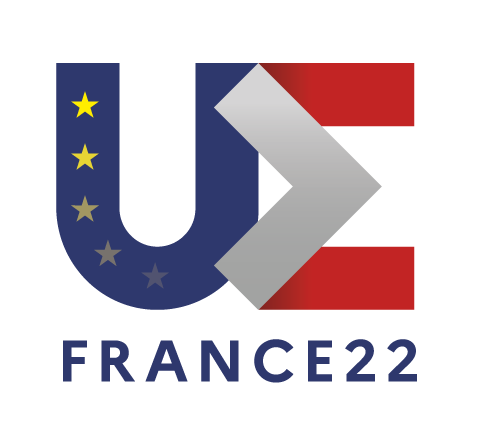
Day 1 Details: Thursday 23 June
Pathways to a shared science diplomacy for Europe: From InsSciDE to the EU SD Alliance
Morning
9:00-14:00
Maison de la Recherche
Sorbonne Université
28 Rue Serpente, 75006 Paris
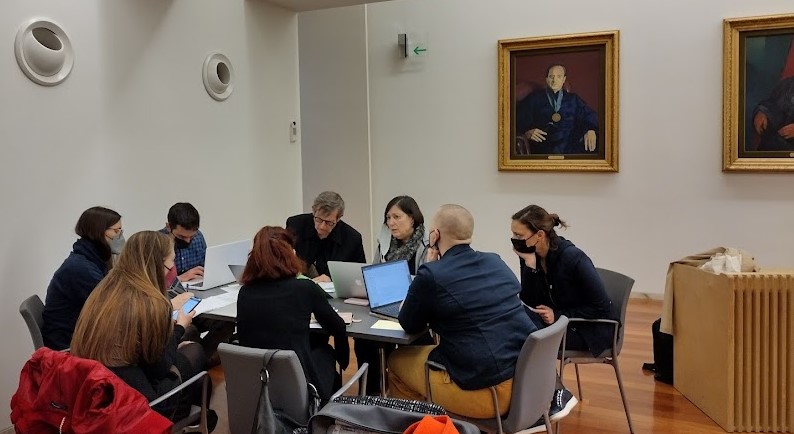
** Please note: Thursday morning interactive workshops have reached capacity! Only those already registered or invited guests will be exceptionally admitted. If this applies to you, no further action is required in order to attend. **
The morning consists of two sets of parallel workshops on conceptual and practical challenges in science diplomacy. Led by members of InsSciDE and the EU Science Diplomacy Alliance, the sessions explore first what we can learn from science diplomacy as seen today and in the past, and then the challenges and opportunities on the path ahead. Constructive interaction with the InsSciDE project results contributes to envisioning next actions for the Alliance.
Session A (4 parallel sessions)
Key theoretical concepts for science diplomacy: In search of the 4th dimension
Each group engages with ideas emerging from InsSciDE’s 4½ years of interdisciplinary research linking history, STS, archaeology, and political science, discussing implications for science diplomacy practice and teaching. A group task brings the discussion beyond the classical “science/diplomacy” trilogy to address a fourth dimension or more (diplomacy in science: competing definitions, negotiation and compromises). Insights and suggestions are expected for institutions and networks as well as future research.
1
Power asymmetries
Facilitated by Rasmus Bertelsen & Anna Åberg
2
Instrumental relations or co-shaping of science and diplomacy?
Facilitated by Léonard Laborie & Daniel Gamito-Marques
3
Diplomatic objects, infrastructure and materiality
Facilitated by Matthew Adamson & Katerina Vlantoni
4
Institutions and (academic) networks
Facilitated by Katalin Alfoldi & Maria Paula Diogo
5
Sociotechnical imaginaries
Facilitated by Sam Robinson & Aristotle Tympas
Session B (3 parallel sessions)
Science diplomacy in action
Connecting InsSciDE results to the future through the EU SD Alliance, participants conceive future actions in/with/for science diplomacy to fulfill societal, political or scientific objectives. Particular attention is given to the ways and means of communicating science diplomacy.
1
Science diplomacy for EU Missions and Global Challenges
Facilitated by Angela Schindler-Daniels (TBC)
2
Competence building within science diplomatic communities
Facilitated by Stella Resche & Luisa Veloso
3
Wartime science diplomacy: Break or continue relations?
Facilitated by John Krige & Pascal Butterlin
4
Innovation diplomacy: Communication with the stakeholders
Facilitated by Pascal Griset
5
Establishing the role of a science advisor in a diplomatic service – Challenges and opportunities
Facilitated by Jan Marco Müller
Lunch
12:00-13:00
By invitation now due to limited capacity: Buffet lunch onsite
Restaurants, cafés and boulangeries are abundant in the Latin Quarter around the venue
Reconvene at Richelieu Amphitheater at 13:30 (10-minute walk from the first venue).
Plenary debate
13:30-14:00
** At Richelieu Amphitheater. See address below. **
Facilitated by Luk van Langenhove & Maria Paula Diogo
Participants reconvene in plenary and debate findings on science diplomacy concepts, practical challenges and action steps.
Afternoon
14:30-18:00
Richelieu Amphitheater
Sorbonne Université
17 rue de la Sorbonne, 75005 Paris
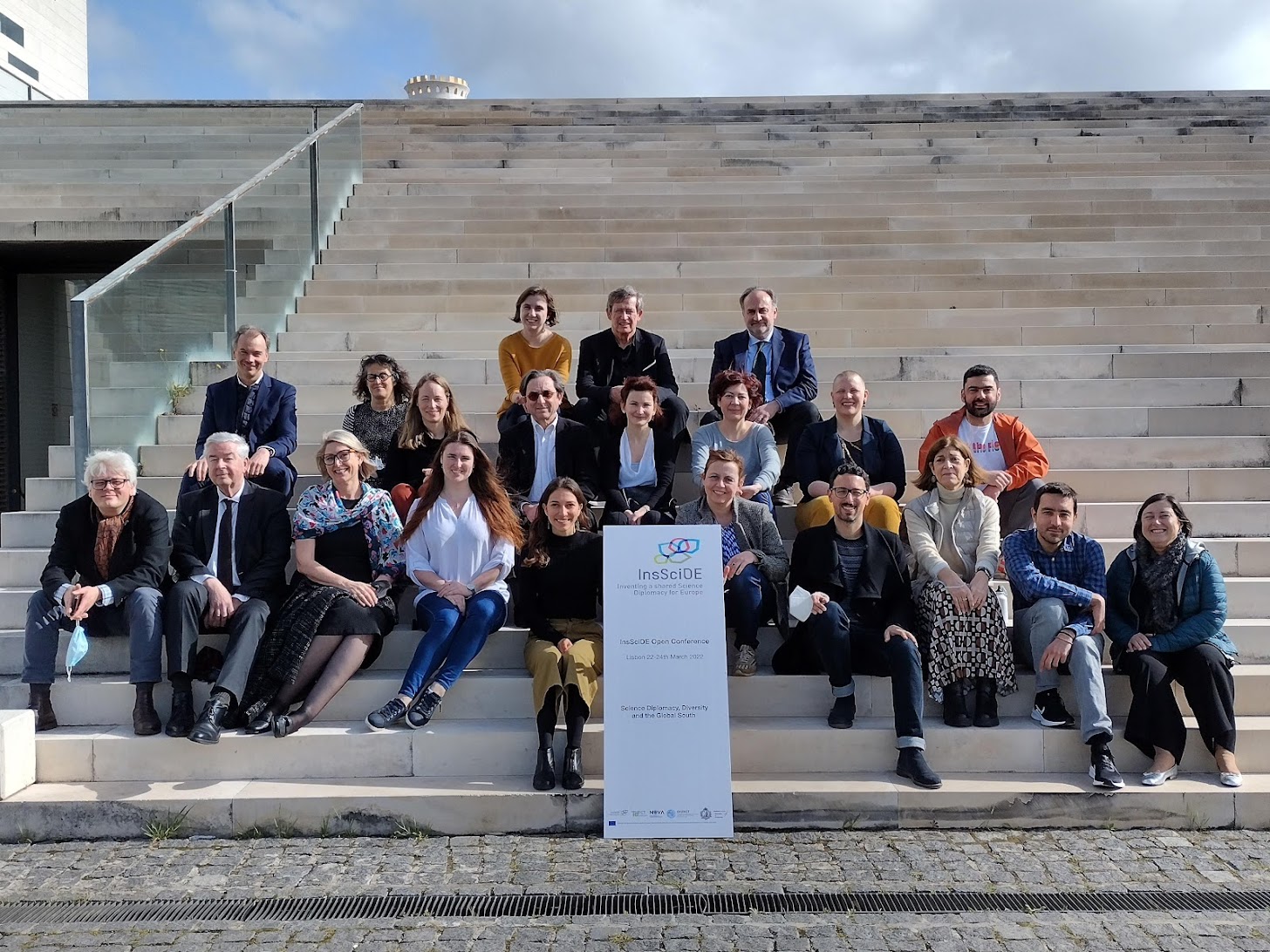
Welcome address
Professor Nathalie Drach Temam President of Sorbonne Université
Showcase: Key Takeaways from the InsSciDE Project
As an interdisciplinary research project InsSciDE went beyond the standard production of peer-reviewed articles, developing methods to reach a larger audience and create impact. Here we showcase the diversity of our activities and achievements, discussed by our project advisors, summer school alumni and other specialists.
- Create, safeguard and disseminate knowledge: InsSciDE project members briefly present our deliverables – more than two dozen case studies, a European strategy, issue papers, videos, training materials and digitized artifacts
- Communicate and engage with stakeholders: We share the experience of network building, competence building, and animating a broad science diplomacy community
Speakers:
- Marga Gual Soler (Chair) GESDA, InsScIDE Advisor
- Representatives of InsSciDE's work packages:
Power | Science Diplomats | Heritage | Health | Security | Environment | Space | Engagement & Interface | Communication & Legacy
Coffee break
Practical futures for science diplomacy
A roundtable of practitioners and specialists explore conceptual and operational framings for science diplomacy. Imagining how science diplomacy can or should progress, they identify practical challenges and weigh in on some of the questions that have emerged as fundamental in the course of InsSciDE’s study.
- Which strategies can foster a European science diplomacy?
- What kind of competence building, mutual acculturation and training can be engaged?
- What can the EU SD Alliance bring to a Europe confronted by global challenges?
Roundtable:
- Pierre-Bruno Ruffini (Chair) University of Le Havre
- Angela Schindler-Daniels German Aerospace Center (DLR), Past Co-Chair EU SD Alliance
- Elisabeth Claverie de Saint-Martin President-Director General of CIRAD
- Jan-Marco Müller European External Action Service (EEAS)
- Laurent Warlouzet Sorbonne-University/ GIS-Euro-Lab
- Norbert Hounkonnou Network of African Science Academies (NASAC)
- Peter McGrath The World Academy of Sciences (TWAS), InterAcademy Partnership (IAP)
Day 1 Closing
Maria Cristina Russo Director for Global Approach & International Cooperation in Research & Innovation in DG Research and Innovation (pre-recorded)
Claire Giry Ministry of Higher Education, Research and Innovation
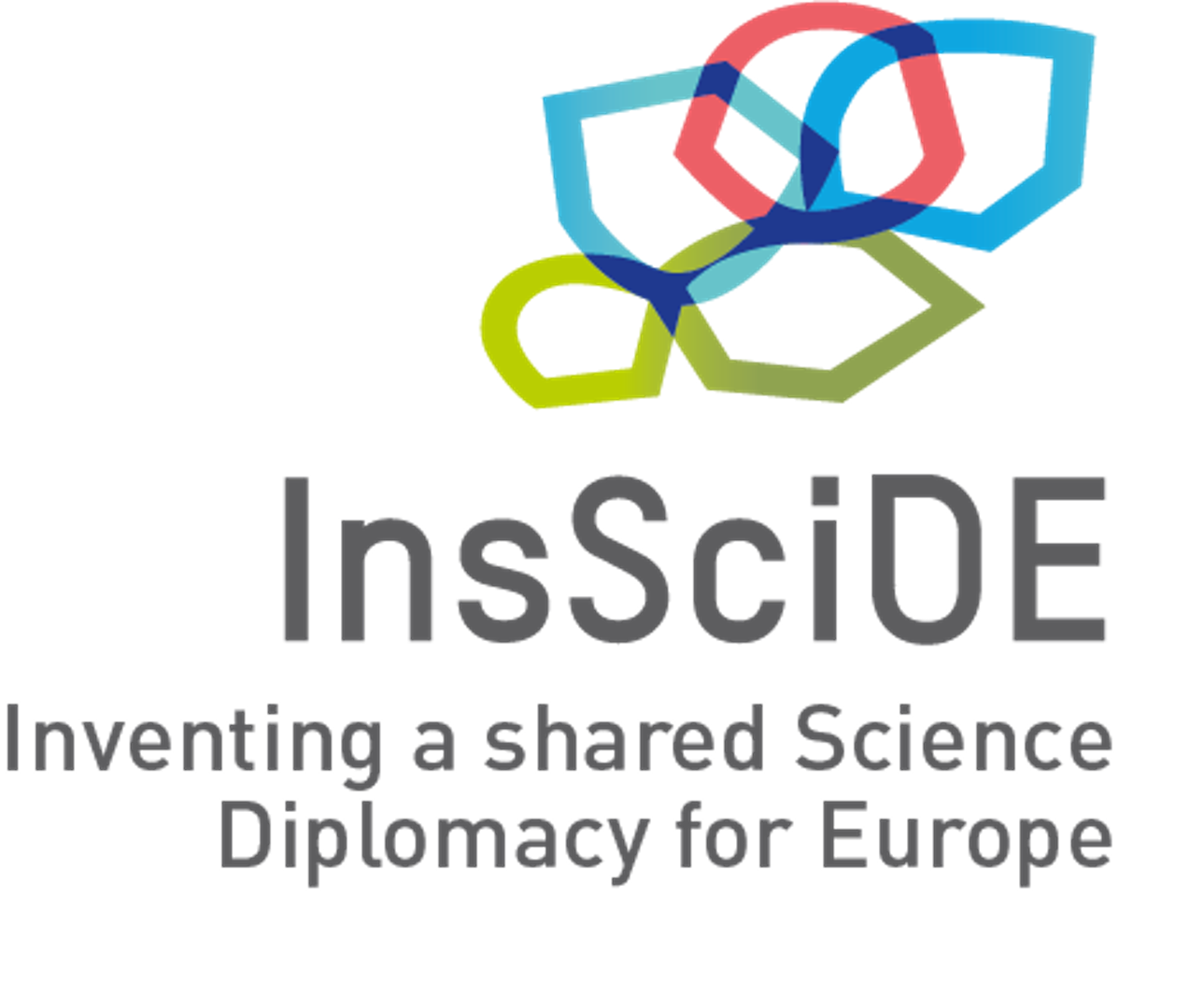
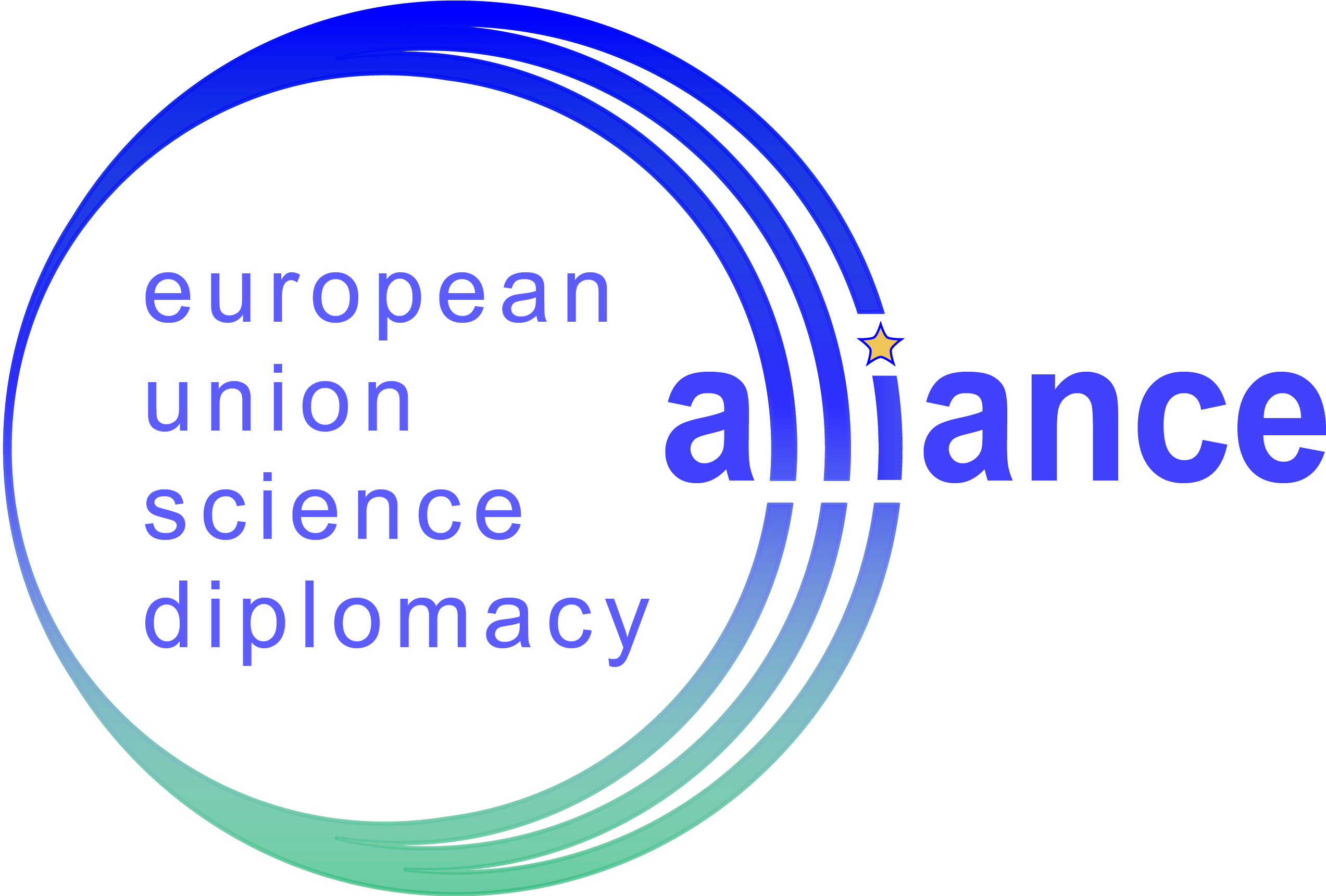
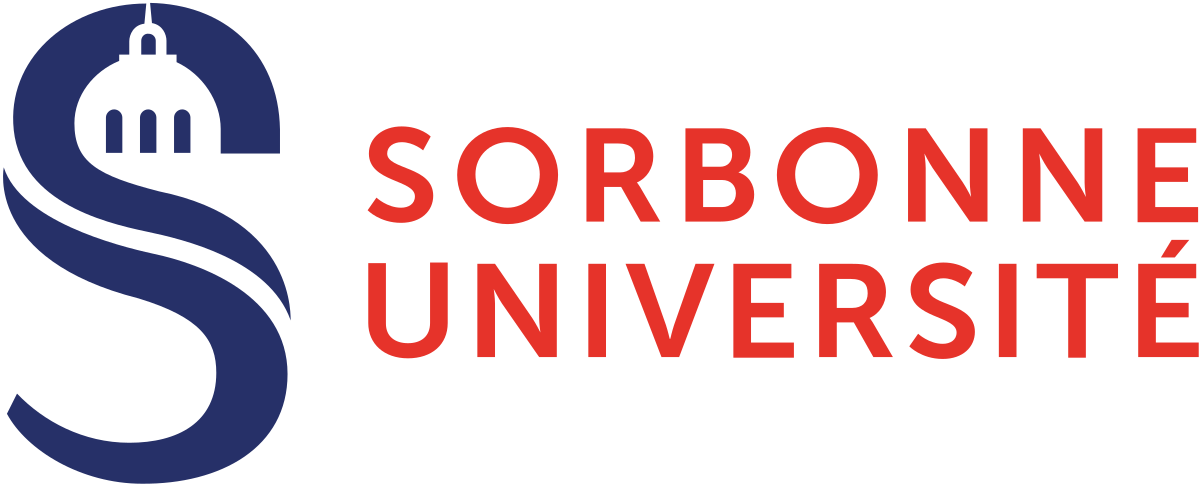


InsSciDE has received funding under the European Union's Horizon 2020 Research and Innovation programme (grant agreement n° 770523, 2018-2022)

This event is not organized by the French government. However, it is authorized by the French government to use the emblem of the French Presidency of the Council of the European Union.
Contact
contact@insscide.eu
d.palmberg@unesco.org
